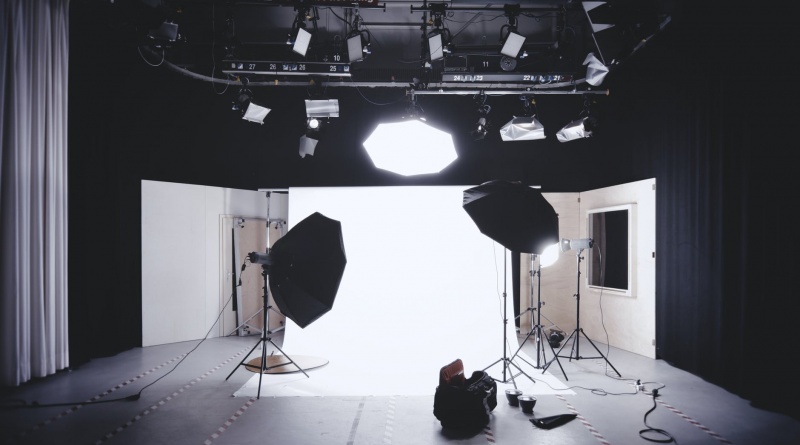Renting a photography studio can significantly elevate your work, providing a controlled environment for capturing stunning images. However, it’s crucial to approach the process strategically. Here are 5 essential tips for photographers renting a studio:
1. Define Your Needs and Plan Ahead:
- Determine the Shoot’s Requirements:
- What type of photography will you be doing? (Portraits, products, fashion, etc.)
- How much space will you need?
- What kind of lighting is required? (Natural light, strobes, continuous lights)
- Do you need specific backdrops or props?
- How many people will be involved?
- Schedule and Book in Advance:
- Popular studios get booked quickly, especially on weekends.
- Booking in advance ensures you secure the space and time you need.
- Consider the time needed for setup, shooting, and teardown.
- Create a Shot List:
- A detailed shot list helps you maximize your time in the studio.
- It ensures you capture all the necessary images and stay organized.
2. Thoroughly Inspect the Studio:
- Lighting Equipment:
- Check the condition and functionality of all lighting equipment.
- Ensure you understand how to use the equipment or ask for a demonstration.
- Verify the availability of light modifiers (softboxes, umbrellas, etc.).
- Space and Amenities:
- Assess the studio’s size and layout to ensure it meets your needs.
- Check for amenities like dressing rooms, restrooms, and Wi-Fi.
- Pay attention to the studio’s cleanliness and overall condition.
- Backgrounds and Props:
- Inspect the available backdrops and props for any damage or wear.
- Confirm that the studio has the specific backgrounds and props you require.
- Power Outlets and Electrical Capacity:
- Make sure there are enough power outlets to accommodate your equipment.
- If you are using high powered lights, verify the electrical capacity of the studio, to avoid tripping breakers.
3. Understand the Studio’s Policies:
- Rental Agreement:
- Carefully review the rental agreement, including cancellation policies and liability clauses.
- Clarify any questions or concerns before signing.
- Studio Rules:
- Familiarize yourself with the studio’s rules regarding equipment usage, noise levels, and cleanup.
- Respect the studio’s policies to avoid any issues.
- Insurance:
- Confirm weather the studio has insurance, and if your equipment is covered.
- Consider obtaining your own equipment insurance.
4. Optimize Your Time and Resources:
- Bring Essential Equipment:
- Even if the studio provides equipment, bring your own essential gear, such as your camera, lenses, and memory cards.
- Bring extra batteries, and memory cards.
- Test Your Equipment:
- Before your shoot, test your equipment to ensure it’s functioning correctly.
- This helps prevent any technical issues during the session.
- Manage Your Time Effectively:
- Stick to your shot list and schedule to maximize your time in the studio.
- Allocate time for setup, shooting, and teardown.
- Bring an assistant:
- Having an assistant will make the shoot go much smoother.
5. Communication is Key:
- Communicate with the Studio Owner:
- Maintain open communication with the studio owner or manager.
- Inform them of any specific needs or requests.
- Communicate with Your Team:
- Clearly communicate your vision and expectations to your team.
- This ensures everyone is on the same page and contributes effectively.
- Provide Feedback:
- After the shoot, provide feedback to the studio owner.
- This helps them improve their services and address any potential issues.
By following these tips, you can ensure a successful and productive photography studio rental experience.
